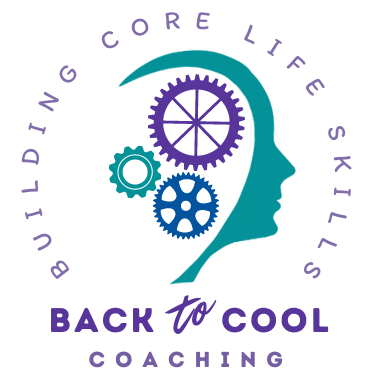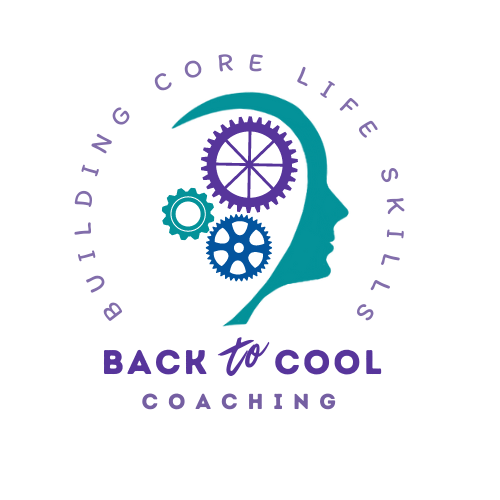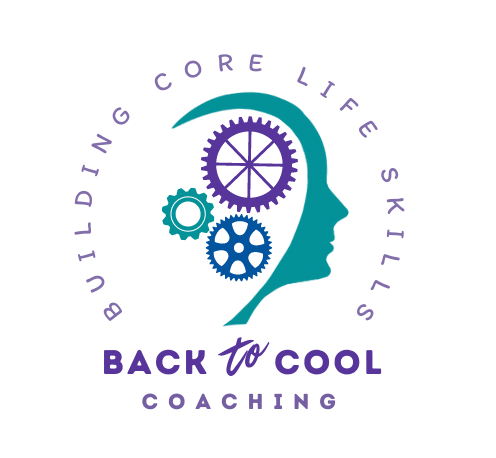Glossary
o Plan - The ability to have a realistic perception of the steps necessary to accomplish a goal or task.
o Time management - The ability to manage time or to have a realistic perception of how long things take. Important in planning and scheduling too.
o Organize - The ability to create systems of doing things or keeping track of things, that are organized enough so goals can be met effectively.
o Prioritize - The ability to know and do what is most important at any given time.
o Inhibit - This refers to one's ability to hold back, to pause, to think before you act, to not be too impulsive, to have self-restraint. Inhibit thoughts, emotions, behaviors that are inappropriate or that go against long term goals and well-being. When we do not inhibit well, we are thought to be impulsive or hyperactive.
o Focus - The ability to manage and sustain attention, focus, concentrate, be "on task", stick to it. Resisting temptation to shift when trying to focus, avoid distractions, redirect thoughts.
o Task initiation - Self-starting or activation. Getting the ball rolling, getting the train moving.
o Task persistence - Continuing to try until finished, working to completion.
o Transition - The ability to shift from activity to activity effectively.
o Working memory - Verbal and visual strategies that help us keep things in mind as we work through things. It's like juggling balls, being able to track the important details during a process. Includes self-talk and visual imagery.
o Detail - Remembering and managing important details.
o Reflect - This refers to one's ability to take a step back and reflect in order to problem solve. It also refers to self-checking (think checking work in math for example). Reflection is all about self-awareness, consciousness, mindfulness, introspection.
o Emotional regulation - Having tools to truly regulate and work through challenging emotions.


